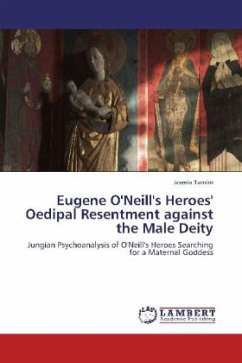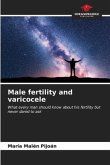The book explores the impact of Jung's theory 'The Syzygy: Anima and Animus' on O'Neill's male protagonists. O'Neill's phenomenal exploration of the tug of war between the parental Logos and the maternal Eros is portrayed through his unique selection of themes and psychoanalytical experimentation with characterisation. In O'Neill's theatrical as well as psychological milieu, men need maternal love and forgiveness whereas the imposition of the male 'hard'god shoves them further into a blasphemous denial and hence an outright rejection of the male god. For this purpose, O'Neill attempts to go back to the origin of all myths and parables to look for the warm and tender-hearted female goddess and he restores back to paganism in order to resurrect the Mother Archetype. The final betrayal comes when Man suffers at the hands of the sinister maternity of the female god-head and faces the Nietzschean tragedy of 'eternal recurrence'. Till his very end, O'Neill and each of his heroes continues to oscillate between the gender polarities of divinity in their naive and gullible quest for solace and serenity.
Bitte wählen Sie Ihr Anliegen aus.
Rechnungen
Retourenschein anfordern
Bestellstatus
Storno








